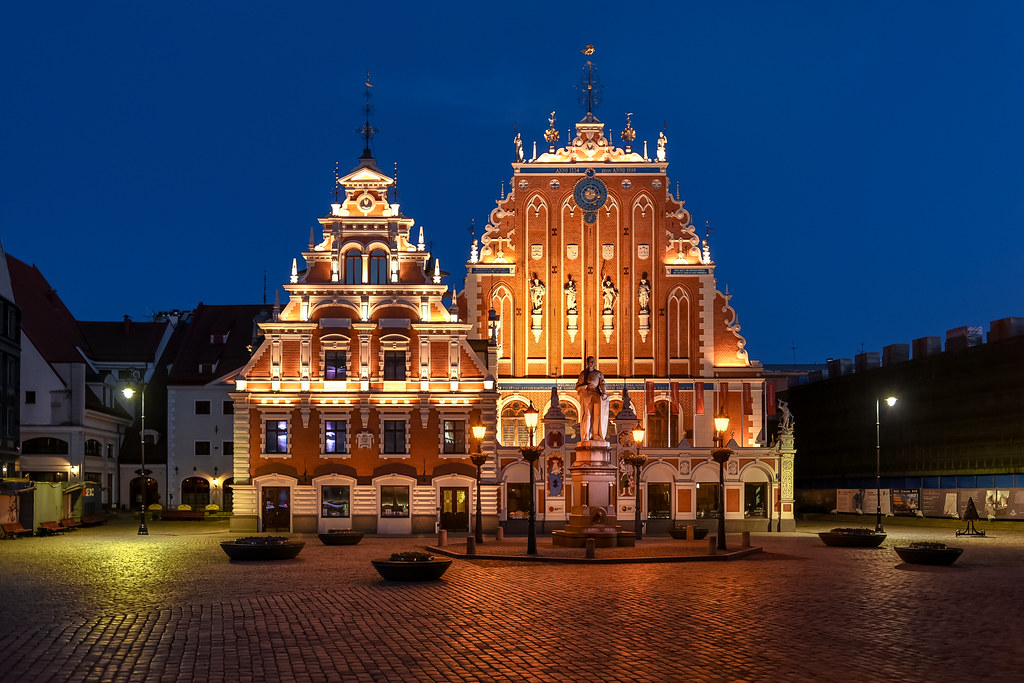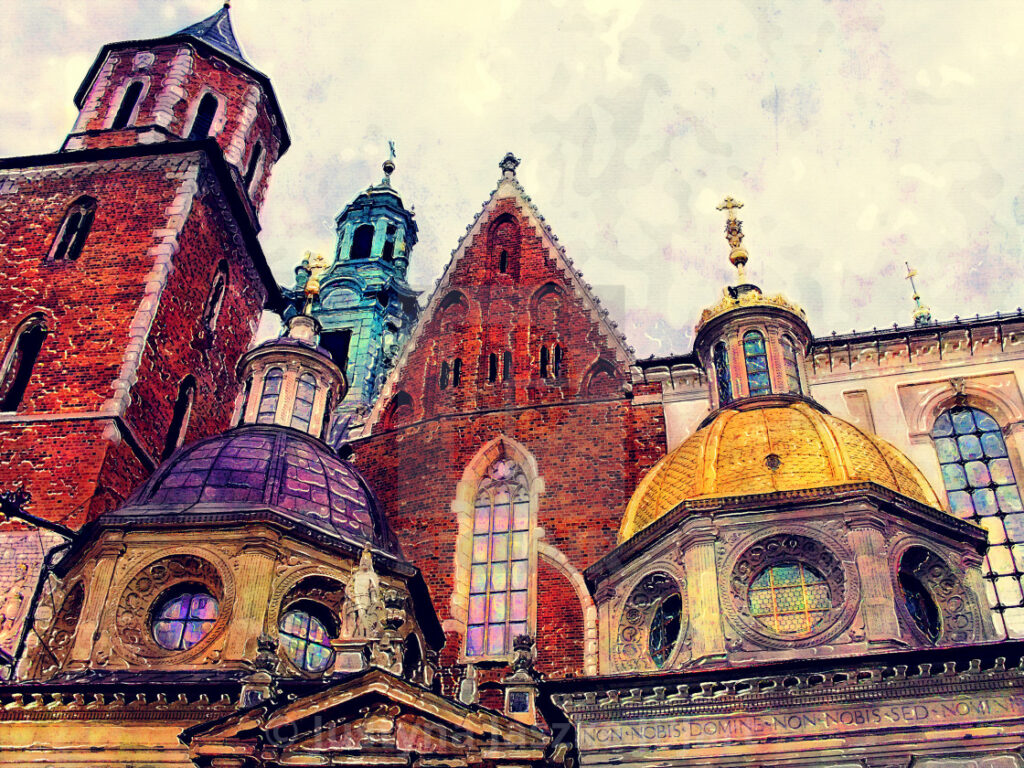Best Cities for Expats in Eastern Europe part 1 – that will be the topic of today’s article.
Before introducing this article, if you are interested in our core services which are expat financial, insurance and mortgages, you can contact me here.
The best time to consider your financial situation is when you are moving to a new country.
Introduction
The ever-increasing number of people looking for a better place to live and work has led many to seek an overseas adventure. Eastern Europe is a popular destination for expats because of its reputation as a safe, economically stable region that also offers a lower cost of living than found in Western Europe.
According to the latest HSBC Expat Explorer survey, nine out of the top ten emerging cities for expats are located in Eastern Europe. In order to qualify as an ’emerging’ city on HSBC’s list, a location must be considered safe and economically vibrant, with a projected economic growth of over 2% annually until 2021.

A total of 48 different variables were analyzed by HSBC based on several key factors. This includes political and social stability, the ease of settling into daily life in a new country, access to health services, availability of schooling options for children, levels of community spirit, and other factors that expats would consider when relocating abroad.
Since we all know that different people prioritize different factors when considering an expat destination, we’ll give you the top ten cities in Eastern Europe for each of the seven major factors. Some items may be considered more important than others for specific expats, and each section has a guide to help you weigh the importance of the given factor when choosing your ideal location.
In addition, we will explain the best tourist attractions for expats in this region. Not only is that, but we will explain the benefits of living in this area and many others. Would you love to relocate to Eastern Europe or be willing to have a vacation to those countries? Worry less as we’ve answered all the questions you may have in mind.
Why Expats Need to Live in Eastern Europe

The expat populations in Eastern Europe have grown significantly over the last decade. With the globalization of our world, more and more people are moving abroad for work or adventure.
Many choose to live in Eastern Europe, where it’s possible to be closer to other countries while also enjoying an affordable cost of living. If you’re considering making a move abroad, here are five reasons why you should consider Eastern European countries.
Quality of Life
The quality of life for expats in Eastern Europe is very high, and whether you’re looking to live in a city or rural area, Eastern Europe has something for everyone. The affordability and variety of amenities make it easy to enjoy your life abroad.
Travel Opportunities
Eastern Europe is very accessible for travelers due to its proximity to other countries. This makes it easy for expats who want an affordable vacation or weekend trip abroad. With so many different destinations within a short flight or train ride away, you’ll never get tired of the travel opportunities.
Exciting Job Opportunities
Job opportunities in Eastern Europe are plentiful and growing every day. If you possess a skill or degree in high demand, you’ll have no problem finding employment abroad.
Many jobs pay very well, and there is often the opportunity for advancement as more businesses open their doors to the international workforce. Plus, several of these countries do not require you to speak the language fluently, making it easy for expats to get their foot in the door.
Affordability
Several Eastern European countries offer a high quality of life at an affordable price. If you’re looking to stretch your money as far as possible, this is definitely one of the best places to do it. From the cost of groceries to transportation, you’ll find that living abroad is more affordable than back home.
Low Tension
Despite being very close to Western Europe, Eastern European countries are not as stressful as other countries. Many expats enjoy the laid-back nature and warm people they encounter throughout their stay. If you’re someone who enjoys a life with fewer worries, Eastern Europe is the perfect place for you.
Eastern European countries offer many benefits to expats, such as high quality of life and affordable living. If you want to live somewhere where your dollar stretches far and travel opportunities are endless, this part of the world may be the right fit for you.
Interesting Culture
Eastern European countries have a unique culture that is easy to immerse yourself in. The different languages and customs can be an exciting way to learn something new every day, as well as make new friends from around the world! Many Eastern European cities also offer incredible nightlife and entertainment, making it fun for expats to unwind after a long day.

Low Cost of Living
Every expat dreams of an affordable cost of living, and this is often something that many find in Eastern Europe. Whether you want to live in a rural or urban area, the prices are almost always much lower than at home. From buying groceries to paying rent, you’ll be able to stretch your money much further while living in Eastern Europe.
Factors to Consider Before Moving to Eastern Europe
While many people dream of moving to Eastern Europe, the vibrant culture and thriving economies are no secret. Gone are the days when Communist sentiments were repressed by propaganda. This part of the world has undergone a complete transformation into an ideal destination for those hoping to live their version of the American Dream.
However, as technology has made communication between different world regions easier, new obstacles have been introduced. Moving abroad is a major decision with serious long-term consequences. And those considering it should know all of the risks beforehand to make an informed choice about their futures. As such, I’ve compiled a list of five factors to consider before moving to Eastern Europe.
1) Language Barriers
Although many Eastern European countries have transitioned to English as their second language, knowing the local vernacular cannot be overlooked completely. In reality, much of the vocabulary from Russia and Poland are interchangeable, but only knowing English won’t help you get anywhere with locals if you’re not familiar with some standard Polish slang terms.

2) Cultural Differences
One of the great things about moving to Eastern Europe is celebrating Christmas on January 7th and the New Year at different times of the year! However, while some cultural differences may catch you off guard initially, it’s important to remember that they’re based on tradition and can add a lot of value to your experience.
For instance, if you ever get into an argument with a family member, don’t be surprised if they sit silently and glare at you for a long time. While it might feel awkward, that’s just how they show displeasure – not to mention it’s kind of scary.
3) Travel Opportunities
Eastern Europe is a hotbed for travel. There are countless cultural and historical opportunities in close proximity, and most people speak English well enough to help you navigate. For instance, not only do the Baltic countries (Estonia, Latvia, and Lithuania) share borders with Russia and Belarus; they also have water access through Finland, Sweden, Denmark, and Germany.
Whether you want to visit the capital cities of Tallinn, Riga, or Vilnius; go on a road trip through Latvia; taste world-famous Lithuanian beer; or take advantage of Estonia’s e-residency system, which gives non-citizens access to online banking facilities – you’re spoilt for choice, and the opportunities are only growing as these countries become more popular amongst foreign travelers.

4) Housing Issues
Although renting is a popular choice among foreigners, the conditions of some dwellings may come as a shock to those who aren’t used to such low living standards. If you’re looking for apartment rentals in Eastern Europe, I would advise bringing a flashlight.
In many instances, the electricity will have been turned off because the landlord hasn’t paid their bills, and sometimes you won’t be able to see a foot in front of you when you enter a room.
However, this shouldn’t come as a surprise – Eastern European countries have some of the highest unemployment rates in the world. With people struggling to make ends meet, don’t be surprised if your landlords try to haggle down the rent price or flat out demand you pay them in cash.
5) Financial Concerns
Although Eastern European countries are generally cheaper than their Western counterparts, they still require residents to have stable sources of income for basic living expenses. For those who earn money in their home countries and deposit it into local accounts, the difficulties of transferring funds will be highlighted – especially if you want to withdraw them as cash.
Even though online banks like Revolut and Transferwise offer affordable rates for currency exchanges, it’s important to note that you can’t take advantage of them if you’re not a resident in the country.
Likewise, credit and debit card companies generally charge foreign transactions fees on top of their interest rates, which means that even though it may be easier to pay bills online, you’ll still end up paying more for goods and services than those who live locally.
Eastern European countries may be cheap, but don’t expect to find your dream job in a weekend. Do your research and do everything to build up your local contacts before moving abroad. It will make a living in Eastern Europe much easier when you’re ready for that next step.


